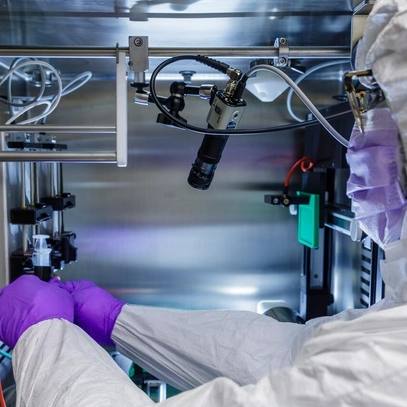-
Featured News
Consumer Health: Treating kidney stones

March is National Kidney Month, which makes this a good time to learn about treating kidney stones.
An estimated 11% of men and 6% of women in the U.S. will have kidney stones at least once during their lifetime, according to the National Institute of Diabetes and Digestive and Kidney Diseases.
Kidney stones are hard deposits made of minerals and salts that form inside your kidneys. Diet, obesity, some medical conditions, and certain supplements and medications are among the many causes of kidney stones.
You may not notice any signs or symptoms of a kidney stone until it moves around within your kidney or moves into your ureter. But passing kidney stones can cause severe pain. If a kidney stone becomes lodged in the ureter, it may block the flow of urine, and cause the kidney to swell and the ureter to spasm. This can be painful.
Other symptoms can include changes in urination, such as a persistent need to go, a need to go more frequently or urinating a smaller quantity than usual. There also could be changes in your urine, including a change in color to pink, red or brown, or your urine could become cloudy or foul-smelling. You also could experience nausea, vomiting, and fever and chills if an infection is present.
Treatment for kidney stones depends on the type of stone and the cause.
Most small kidney stones won't require invasive treatment. You may be able to pass a small stone by drinking water — as much as 2–3 quarts per day — and taking over-the-counter pain relievers for mild pain. When needed, your health care professional may recommend an alpha blocker, which is a medication that relaxes the muscles in your ureter, helping you pass the kidney stone more quickly and with less pain.
Kidney stones that are too large to pass on their own, or cause bleeding, kidney damage or ongoing urinary tract infections, may require more extensive treatment. Procedures may include using sound waves to break up stones; surgery to remove large stones in the kidney; using a scope to remove stones; or parathyroid gland surgery, when the cause is overactive parathyroid glands.
Connect with others talking about managing kidney stones in the Kidney & Bladder support group on Mayo Clinic Connect, an online patient community moderated by Mayo Clinic.
Related Articles







